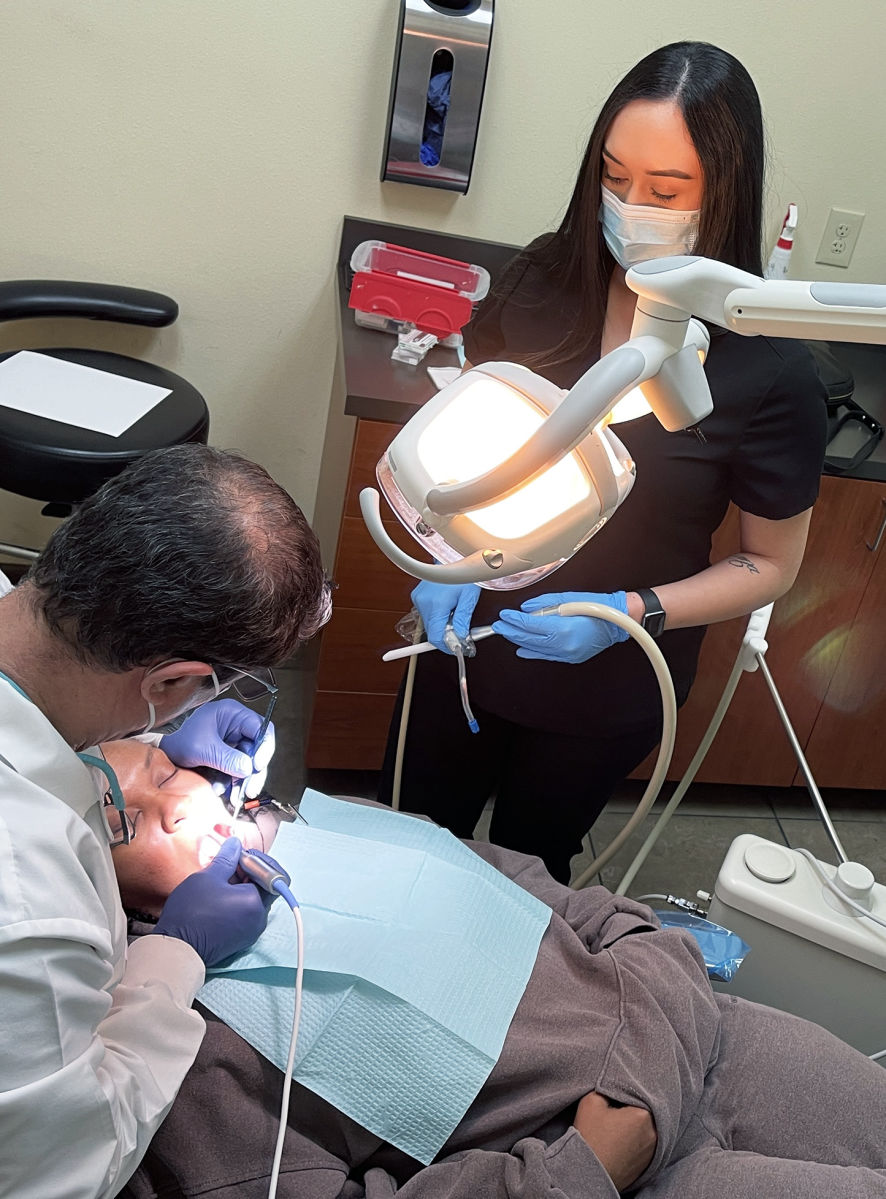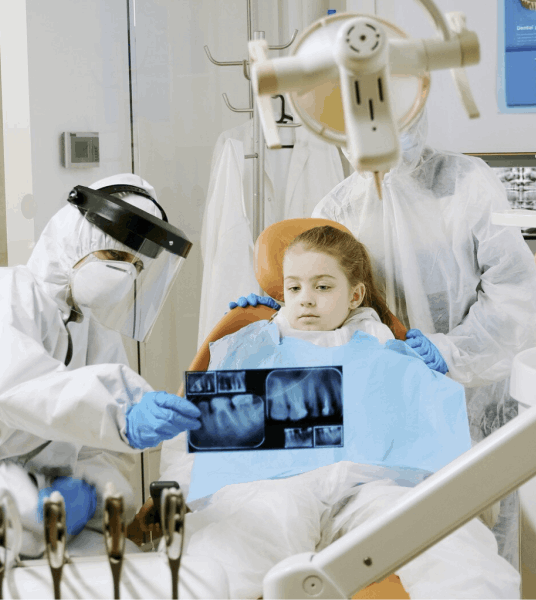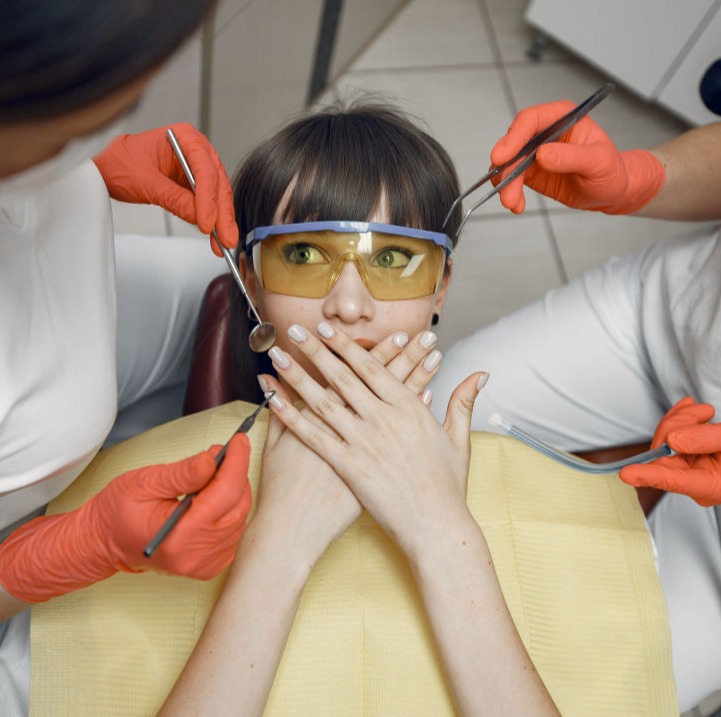What Does Laughing Gas (N2O) Do?
Nitrous oxide (N2O), more commonly referred to as laughing gas, is a mild sedative agent that safely and effectively manages pain and anxiety during dental treatment. The colorless and odorless nitrous oxide is mixed with oxygen and inhaled through a small mask that fits over your nose. Patients are asked to breathe normally and should feel the effects of the laughing gas within minutes.
Contrary to its name, laughing gas does not necessarily make you laugh! The nitrous oxide slows down your nervous system to make you feel less inhibited. You may feel light-headed, tingly, or even heaviness in your arms or legs. Ultimately, you should be calm and comfortable throughout the procedure. You might even giggle a time or two.
The Benefits of Laughing Gas
Dentists choose nitrous oxide because it is a safe and effective method for sedation. The laughing gas works quickly to relax patients, and the effects wear off quickly by breathing pure oxygen through a mask. Plus, the nitrous oxide does not put you to sleep, so you can hear and respond to any of the dentist's questions or instructions.




